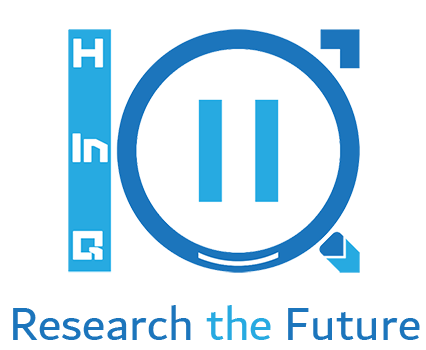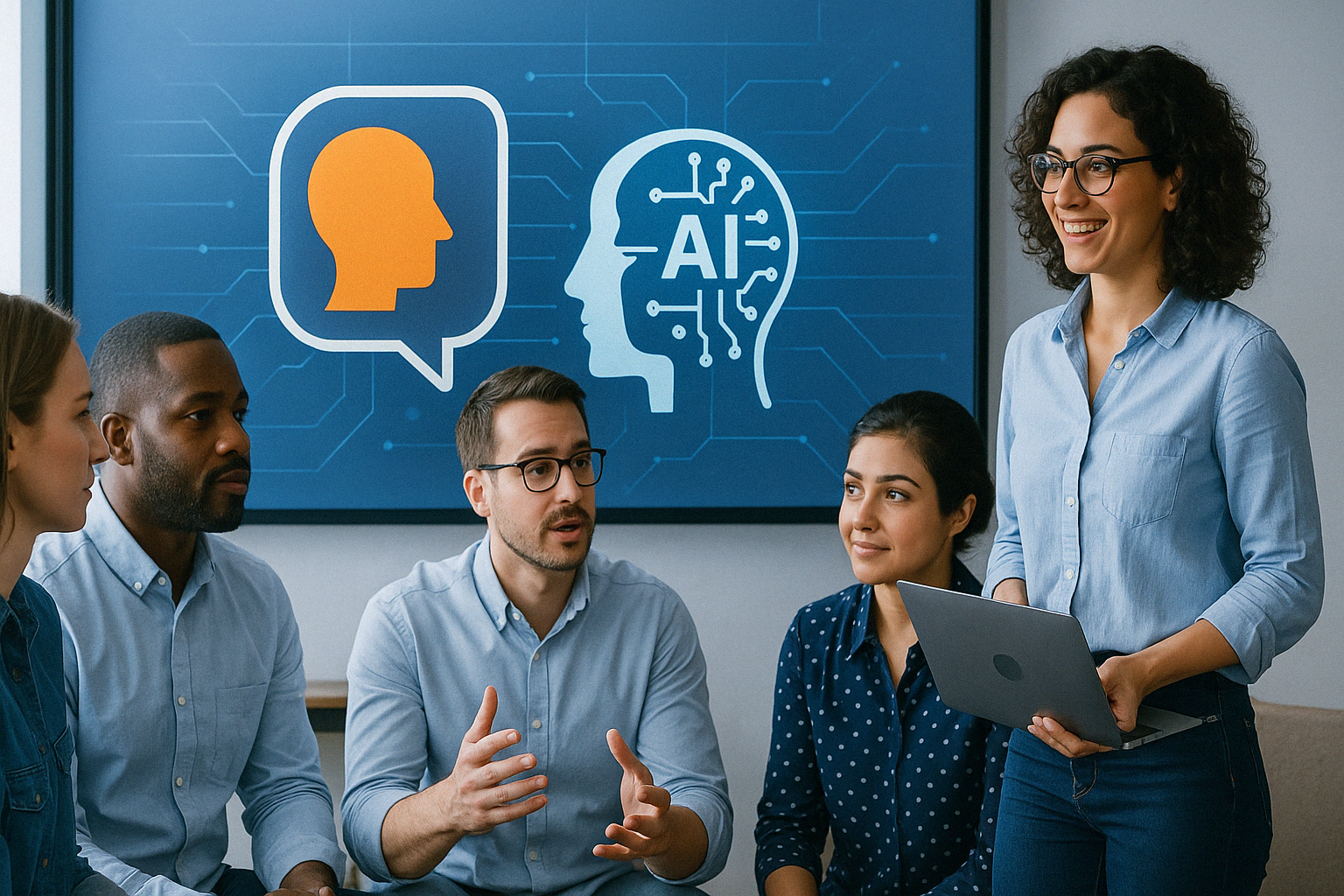Introduction – AI Is Taking Over Focus Groups
For decades, focus groups have relied on human moderators to guide discussions, interpret responses, and extract insights. But that era is coming to an end. AI is not just supporting market research—it is replacing the traditional moderator entirely.
With the rise of AI-driven bots, companies no longer need human facilitators to lead discussions. Instead, businesses can feed AI their research objectives, and the AI will conduct the focus group autonomously. It will engage participants, ask relevant questions, request clarifications, and adapt its approach in real time. No human bias, no subjective interpretation—just pure data-driven interactions at an unprecedented scale.
The advantages are clear: AI-powered focus groups eliminate human error, engage larger audiences, and generate real-time insights. Businesses no longer have to rely on a handful of participants in a controlled setting—AI can interact with hundreds or even thousands of people, delivering more accurate, comprehensive, and immediate results.
Traditional focus groups are slow, costly, and limited in scope. AI is making them smarter, faster, and infinitely scalable. The future of market research is here, and it no longer needs a human touch.
AI as the New Moderator: The End of Human Facilitation
Market researchers have long depended on skilled moderators to guide discussions, interpret emotions, and dig deeper into consumer thoughts. But AI is proving that human facilitation is no longer necessary. Today’s AI-driven focus groups conduct discussions, ask follow-up questions, and adjust dynamically—without human intervention.
AI bots can be programmed with specific research objectives and key topics. Once deployed, they engage participants in natural, real-time conversations, adapting their responses based on sentiment and context. Unlike human moderators, who might unintentionally introduce bias or influence participant responses, AI remains neutral, objective, and consistent.
Even more importantly, AI doesn’t just follow a rigid script. It learns from each interaction, refining its approach in real time. If a participant provides vague or unexpected feedback, AI can probe further, asking clarifying questions just like a skilled human moderator—but at a speed and scale that no human can match.
The shift from human to AI moderation means greater accuracy, less bias, and more efficient data collection. Businesses can now trust AI to uncover insights faster and with greater precision than any human-led discussion.
From Small Groups to Massive Data Pools: AI Scales Everything
Traditional focus groups are constrained by small sample sizes—usually between 6 to 12 participants—which limits the reliability of their insights. AI is breaking these limitations by scaling focus groups from small, controlled discussions to massive, real-time engagements with hundreds or even thousands of participants.
With AI, businesses are no longer restricted by geography, scheduling conflicts, or high participant costs. AI-driven focus groups can be conducted globally, across multiple demographics, in multiple languages, and at any time of day. This ability to expand participation makes results far more representative and statistically valid than traditional methods.
More participants mean more diverse opinions, more accurate trend identification, and a stronger foundation for business decisions. AI doesn’t just gather feedback—it compiles, analyzes, and segments responses instantly, identifying key patterns that would take human researchers weeks to uncover.
By shifting focus groups from small, expensive sessions to massive, data-rich engagements, AI is making consumer research more powerful and predictive than ever before.
Real-Time Analysis & Adaptive Questioning: AI’s Biggest Advantage
One of the biggest limitations of traditional focus groups is the lag between data collection and analysis. Researchers typically spend weeks transcribing responses, identifying patterns, and compiling reports. AI eliminates this delay by processing and analyzing data instantly, giving businesses real-time access to actionable insights.
AI doesn’t just ask predefined questions—it adapts its questioning in real time based on participant responses. If a participant hesitates, AI can probe deeper, asking follow-up questions based on tone, sentiment, and context. This creates more dynamic discussions, ensuring that businesses uncover the ‘why’ behind consumer opinions, rather than just gathering surface-level responses.
AI-driven analysis also removes human subjectivity from data interpretation. While traditional researchers may focus on preconceived hypotheses, AI detects unbiased patterns in large datasets, often revealing unexpected trends and hidden insights that human analysts might overlook.
By combining adaptive questioning with real-time analytics, AI-powered focus groups provide businesses with faster, deeper, and more reliable consumer insights—without the inefficiencies of human moderation.
From Insights to Action: AI Doesn’t Just Analyze—It Recommends
Traditional focus groups provide valuable feedback, but businesses still need to interpret the data, extract key takeaways, and develop an action plan—a process that can take weeks or even months. AI removes this bottleneck by not only analyzing data in real time but also generating actionable recommendations instantly.
AI-driven focus groups don’t just summarize findings; they translate insights into concrete business strategies. By recognizing patterns in consumer sentiment, preferences, and concerns, AI can propose data-backed adjustments in product development, marketing messaging, or pricing strategies.
This shift from passive data collection to proactive decision-making gives businesses an unparalleled advantage. No more waiting weeks for reports—AI delivers instant, strategic recommendations, ensuring that companies can act faster and stay ahead of competitors.
Conclusion – The Future of Market Research Is AI-Driven
AI is not just enhancing focus groups—it is fundamentally transforming them. By replacing human moderators with AI-driven bots, businesses gain access to larger, more diverse participant pools, real-time data analysis, and instant strategic recommendations.
Market research is no longer about small-scale discussions with limited insights. AI allows businesses to engage thousands of participants, process vast amounts of qualitative data instantly, and translate insights into action—all without human intervention.
The businesses that embrace AI-led focus groups will gain a competitive edge, making their research faster, smarter, and more impactful. The future of consumer insights belongs to AI-powered research—and those who fail to adapt will simply be left behind.
References:
- AI in Market Research
- How AI is Transforming Consumer Insights
- The Future of AI-Driven Focus Groups
- H-in-Q Analytics



